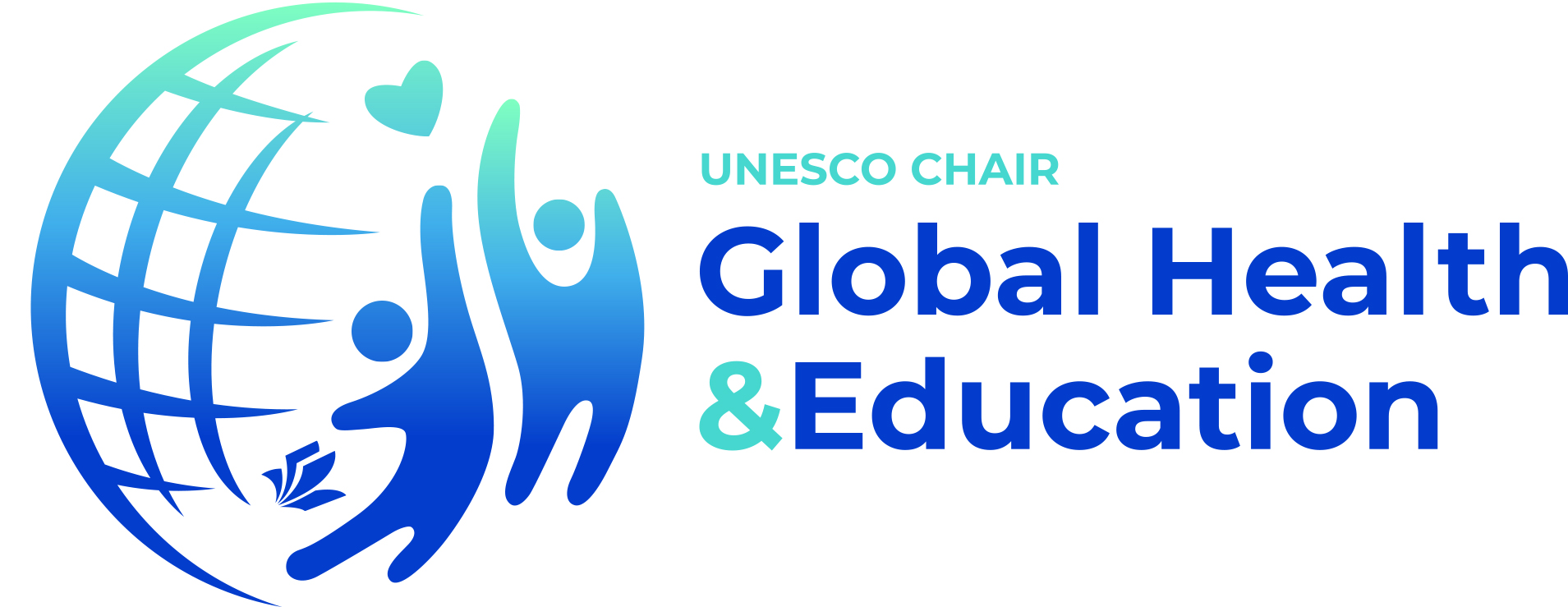4th June 2020 – Last updated 19th June 2020
National regional and local strategies to reopen schools
خلاصهموفقیت هایی که در هنگام بازگشایی مدارس مشاهده شده است شامل موارد زیر است:
دیدگاه ها در مورد اهرم های موفقیت (به ویژه از پاسخ دهندگان فرانسوی زبان پرسیده شد) شامل موارد زیر است:
مشکلات گزارش شده در هنگام بازگشت شامل موارد زیر است:
|
Successes seen during the Reopening Process

In the English language survey, respondents were asked to reflect on reasons for success. Regarding the pandemic itself, some respondents expressed relief that the return had happened, and this was a sign of the country getting back to normal. A respondent from Australia, whose schools had returned earlier than other countries at the time of the survey, reflected that they had not seen a resulting increase in infections. Good teamwork had been seen, and teachers had shown flexibility in responding to rapid changes in learning. Effective and regular communication between different actors had also contributed to success.
No increases in Covid 19 in the education sector and enhanced educational outcomes. (Australia)
Fast teacher learning curve and flexibility. (The Netherlands)
The good preparation and dialogue between authorities, school networks and teacher unions on a weekly basis to facilitate agile responses. (Dr Marie-Anne Persoons, Belgium)
In the French language survey, respondents were asked to reflect on the levers for success needed in the reopening process. Responses covered similar topics, but often gave more detail about them. Teamwork within schools was considered important by many respondents – primarily among the school team but also communicating regularly with families. The pivotal role of school principals was underlined, as was the importance of working with local authorities. Clear, consistent guidance was needed in order for schools to implement the procedures, which needed to be backed up by supplies of equipment. Human qualities of goodwill, dedication, commitment, respect and trust were all mentioned – including the creative spirit of school staff.
The support of the teams facilitates setting up the protocols. The involvement of school principals and college principals is crucial to the success of practical implementation and the resolution of practical difficulties. Another determining point is the collaborative work with the local authorities responsible for the premises, in particular the town halls. (Dr Chantal Bauer, France)
Good preparation, both administrative and educational. Individual information on the conditions for reopening. (Dr Alem Gzara Zargouni, Tunisia)
Cooperation of all, wide dissemination of information, provision of procedures and hygiene materials (Mme Nathalie O’Callaghan, New Caledonia)
The political commitment of communities. The creative spirit of teachers and principals. The preparation and anticipation time granted beforehand. The partnership between families and teachers to reflect together on the conditions for recovery. The provision of inspiring and guiding resources. Times of exchange of practice between establishments. (Mme Laetitia Henriot France – Normandy)
Difficulties and Challenges of Reopening
Safety concerns of parents and school staff, and subsequent resistance to return, were frequently reported as a challenge for reopening. This was further complicated by many school premises which presented obstacles to implementing the guidance (such as lack of space). Many respondents reported fundamental logistical problems – for example, schools in Namibia were suffering water shortages in the context of the need for frequent handwashing. Reflections about staff were understandably common, including the absence of those staff needing to stay at home for medical/family reasons, the need for more staff to accompany small groups, the mental health and motivation of teachers, and the loss of internship opportunities as part of the normal professional training process. Communication problems, including contradictory information and inadequate time to implement recommendations, were reported. Many respondents recognised that the return to school was not an immediate return to pre-pandemic schooling. They showed concern about continuing educational inequalities as part-time home learning continues to be required. There was recognition of human issues including mental health problems, fatigue, and sadness that children would find the reorganised premises unpleasant. Lack of trust, feelings of local disempowerment and lack of consultation were also reported.
Parents’ reluctance. Fear of being infected. (Senegal)
We are a large school with little room for manoeuvre while respecting the protocol: narrow corridors, one floor, few stairs. (France – Val d’Oise)
Portable water provision to some schools in selected regions remains a challenge and the Ministry of Education, Arts and Culture is currently working on that with the Ministry of Agriculture, Water and Forestry. (Ms Otilie Lambert, Namibia)
Staff who are shielding people in their family will not be able to return easily. (Dr Nicola Gray, England)
The education program for 2020/2021 needs to be adjusted, many internship opportunities have disappeared. (The Netherlands)
Orders and counter-orders, lack of communication from representatives of the ministry. (France)
Too little time to organize from the moment decisions are made by the National Security Council. (Belgium)
There is a need for new educational methods and communication techniques that ensure that most school work in relation to reduced physical classroom time can be done at home. (Germany)
We are in a transition phase without knowing very well how the next phase will be, education is being prepared for the opening of centres, with many uncertainties and the theme of conciliation is being prioritized more than the educational measure. (Spain)
Lots of physical and moral fatigue and little support. (France, Auvergne Rhône Alpes)
For more information:
